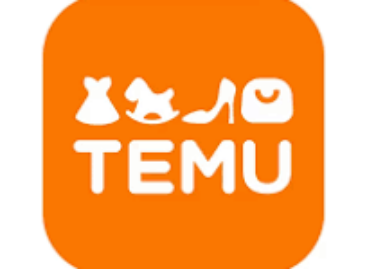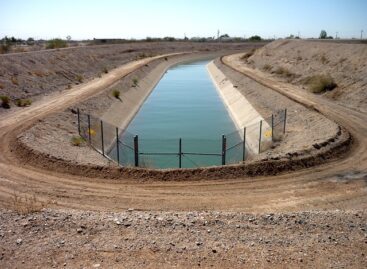ESG – about sustainability standards, from a legal perspective
Since December 2023 several pieces of legislation have been published on ESG detailed rules, in which legislators have further specified certain qualification criteria for preparation, sustainability reporting and for those involved in the transformation process.
This article is available for reading in Trade magazin 2024/11

Guest writer:
Dr. László Szűcs
lawyer, member of Réti, Várszegi and Co Law Office
PwC Legal
However, in August 2024 new legislation came out that specifies in more detail the conditions for companies to be considered sustainable. Decree 13/2024 (VIII.15.) of the Supervisory Authority for Regulatory Affairs (SZTFH) contains detailed rules – standards – on the regulation of the due diligence obligations of companies for sustainability purposes. According to the decree, firms are required to develop and operate a risk management system, as documented in the legislation, with the goal of identifying and minimising ESG risks within the scope of their business.
The regulation says ESG risks may be environmental, social or governance risks. Enterprises are required to take appropriate measures to identify actual and potential harm or adverse effects arising from their own activities, or from the activities of their subsidiaries or direct suppliers related to their business activities.
The regulation specifies how the due diligence process for direct suppliers should be carried out, how regular and periodic inspections are to be performed and what legal consequences need to apply in the event that a company identifies a risk in relation to its own operations, subsidiaries or suppliers.

As regards direct suppliers, the regulation sets out the standards that businesses must check to identify risks. Obviously not all companies can be expected to incorporate the 500 or so standards into their operations, so the legislation treats large, medium-sized, small and micro-enterprises established in Hungary, the EEA or Switzerland, in OECD member states or so-called third countries as separate categories. The implementation of the standards can be assessed in a supplier audit on the basis of the above operational and size differences. Hungarian companies must screen their direct suppliers against the standards set out in the regulation and prepare an annual report on the results of the screening, which must be audited and published as required by law. Suppliers are required to respond to enquiries about the standards. Where companies identify risks to their suppliers in relation to the standard, they can require their suppliers to address the risks appropriately. The standards-based operating model will still be applicable to a small number of businesses in 2024, but the personal scope of ESG regulation will gradually broaden. By 2030 all businesses, with the exception of micro-enterprises, will have to move to standard-compliant operations. //
Related news
Corporate leaders’ commitment to sustainability at record level
According to the latest data from the K&H Sustainability Index,…
Read more >A revolutionary breakthrough in plastic waste management: a cheaper and cleaner process for recycling PET has been developed
American and British researchers have developed a new method for…
Read more >Aldi Ireland Announces €5m Investment In Green Energy Solutions
Aldi Ireland has announced a €5 million investment in green,…
Read more >Related news
Temu has already targeted the European food market
The Chinese-rooted Temu is posing an increasingly serious threat to…
Read more >Irrigation water resources equivalent to one-third of Lake Balaton are available
Despite the extraordinary drought and lack of precipitation, we can…
Read more >Free irrigation water provided to farmers is a key element in the fight against drought
Free irrigation water provided to farmers is a key element…
Read more >






